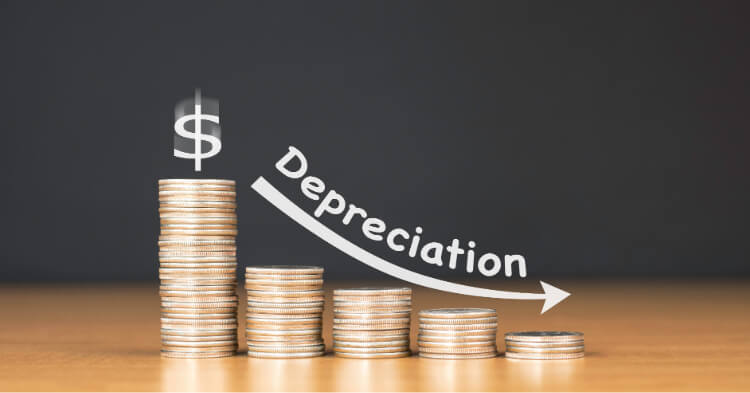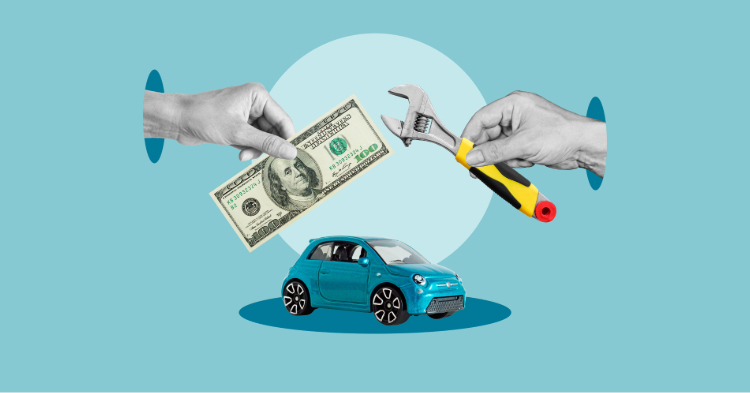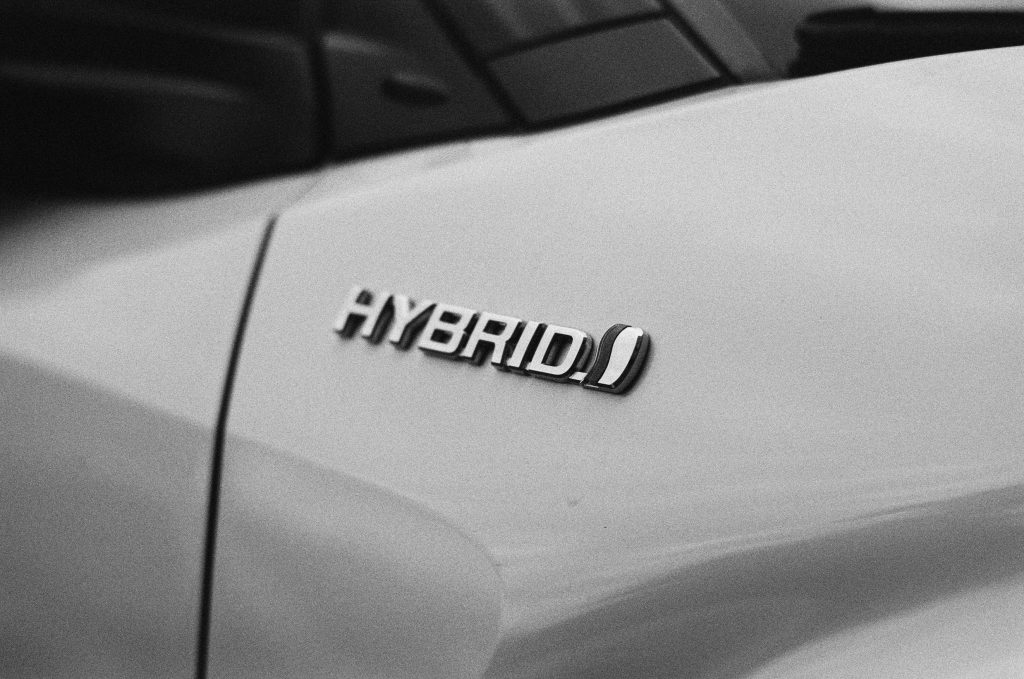Ever wondered why your shiny new ride loses thousands in value the moment you drive it off the lot? Let’s break down the mystery behind car value depreciation, why it happens, and how you can slow it down to keep more money in your pocket.

Think your vehicle is building value just because you own it? Think again. Learn how depreciation, cost of ownership, and market trends determine whether your car helps—or hurts—your bottom line.

Many drivers assume that once they’ve paid off their vehicle—or even just purchased it—it becomes an asset. After all, it’s something you own, right? But in financial terms, owning a car isn’t always adding value. In fact, in most cases, your vehicle may be doing the exact opposite. ❌
This article will help you reframe how you think about car ownership. We’ll explore the difference between an asset and a liability, how vehicle depreciation plays into it, and how you can reduce financial losses over time—especially if you’re thinking about selling soon.
In personal finance, an asset is anything that holds or increases value and can potentially bring in income or be sold for a return. A liability, on the other hand, is something that drains your resources—typically through costs or depreciation.
Examples of assets include real estate, stocks, and retirement accounts. Liabilities include credit card debt, loans, and in many cases—your car.
The moment you drive a new car off the dealership lot, it begins to lose value. This process is known as depreciation, and it’s one of the biggest reasons most cars are considered financial liabilities.
Unless your car is a rare collectible or business tool that generates income, it’s probably costing you more than it’s worth in the long run.
Not all vehicles are pure liabilities. There are a few specific situations where your car can behave more like an asset:
In these cases, a car might function more like a depreciating asset—but only under specific, often temporary conditions.
While most cars lose value over time, you can take steps to reduce the financial hit and protect your investment:
There’s a point where holding onto your car starts costing you more than it’s worth. Signs it may be time to sell include:
Whether selling to a private buyer or a professional car buyer like We Buy Any Car®, getting an accurate vehicle valuation is a smart first step. ✅
Owning a car is often a necessity—but that doesn’t mean it’s building value. Most vehicles are liabilities, gradually costing you money through depreciation and ongoing expenses. But by understanding how car value works and managing your ownership strategically, you can minimize your losses and make smarter decisions when it comes time to sell.
Not sure where your car stands? Get your instant valuation now and find out what your vehicle is really worth—before depreciation quietly takes another bite out of its value. 🔍
Is a car an asset or a liability?
In most cases, a car is a liability because it depreciates in value over time and requires ongoing expenses like maintenance, insurance, and fuel. However, certain vehicles used for business or those that appreciate in value may be considered assets in specific situations.
How fast does a car lose value?
Most cars lose 15% to 20% of their value in the first year, and up to 60% after five years. Depreciation varies by make, model, condition, and mileage.
Are there any cars that increase in value?
Yes, rare collector cars, limited-production performance vehicles, and well-maintained classic cars may appreciate over time. These are the exception, not the rule, and often require special care, documentation, and timing to achieve appreciation.
When is the best time to sell a car to minimize loss?
The best time to sell a car is before major repairs are needed and while it still has strong resale value—typically within the first 3–5 years. Market timing (e.g., seasonal demand or high used-car prices) can also impact your return.

Ever wondered why your shiny new ride loses thousands in value the moment you drive it off the lot? Let’s break down the mystery behind car value depreciation, why it happens, and how you can slow it down to keep more money in your pocket.

You’re staring at a $3,000 repair estimate for your 10-year-old car, wondering if you’re throwing good money after bad. This scenario plays out thousands of times daily across the country, leaving car owners grappling with one of the most common automotive dilemmas: is it cheaper to repair or replace your old car?

For years, minivans were seen as practical but bland—a reliable choice for families, but far from exciting. Fast forward to 2025, and the story has changed. Today’s minivans are smarter, better-looking, and packed with modern tech. More families are ditching the SUV trend and coming back to what really works.

webuyanycar.com, the leading car buying service, is proud to announce the purchase of its 400,000th vehicle in the United States. This milestone is a testament to the company’s commitment to providing an easy, fast, and transparent car-selling experience to its customers.

Curious about the best selling cars of 2024? Leading the pack are the Tesla Model Y, Toyota RAV4, and Ford F-Series. Dive in to see why these cars are the top picks for consumers this year.

Hybrid vehicles: you’ve probably heard of them, but do you know what makes them so unique? They’re not just a trend, they’re a testament to the evolution of automotive technology designed to enhance efficiency and sustainability. But let’s not stop at the surface. In this article, we will discuss hybrid vehicles and delve deeper into the world of hybrids and gain a comprehensive understanding of what makes them stand out in the world of automobiles.
